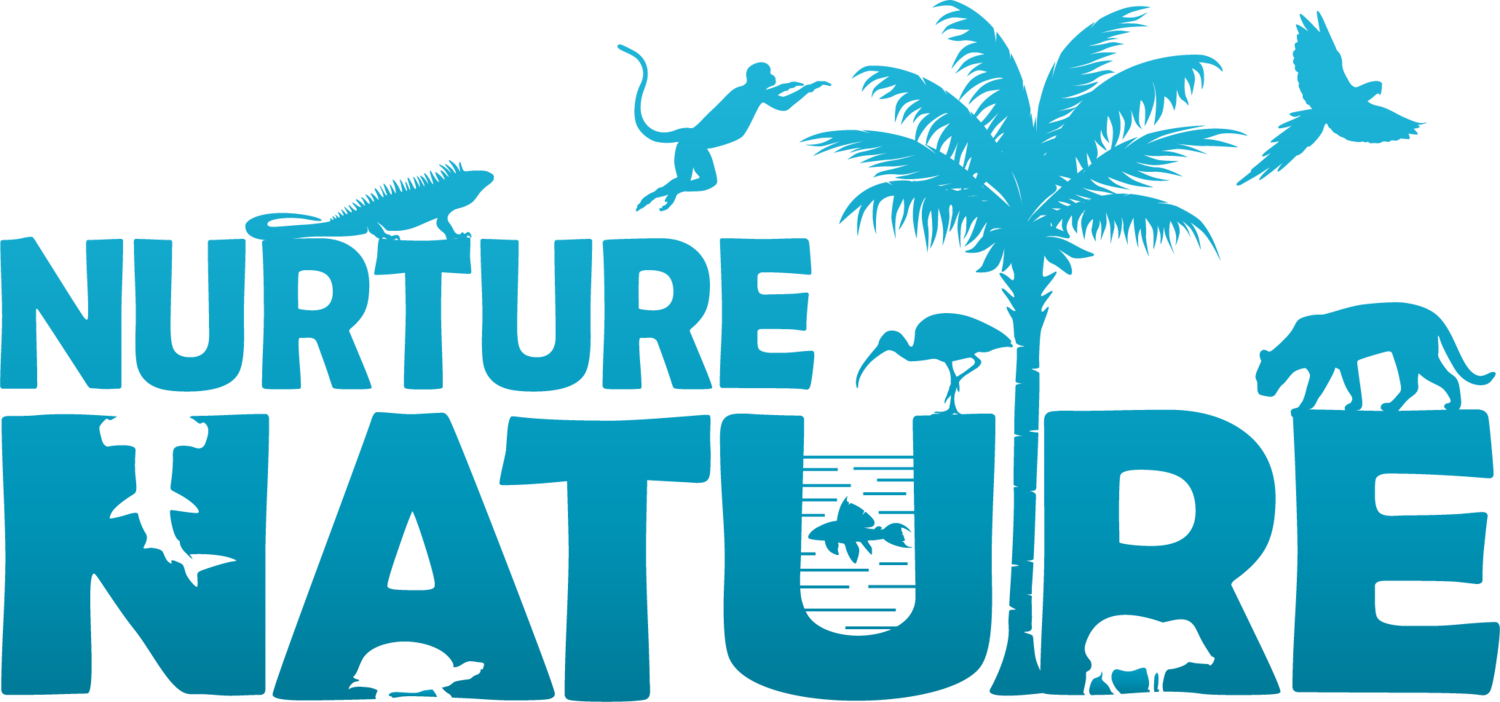Trade Insights: Robin

I am almost gone.
The Ruddy-breasted Seedeater (Sporophila minuta), locally known as a “Robin,” is found in South and Central America, and was once a regular sight in grassy marshes across Trinidad and Tobago. Today, it is extinct in Tobago and so rare in Trinidad that it is almost gone.
© Nigel Lallsingh
Like many seed finches which once were found in T&T, the Ruddy-breasted Seedeater is popular with birdkeepers for its beautiful song. Catching and keeping songbirds is an old and popular hobby in Trinidad and Tobago, but the constant removal of birds from the wild has had devastating impacts on their populations. The Ruddy-breasted Seedeater is a prime example of this.
In 1973, local naturalists thought the species so abundant that it was considered least at risk from extinction, even when trapping for the songbird trade severely threatened other seedeaters. However, once the populations of other songbirds plummeted, the Ruddy-breasted Seedeater was targeted by trappers and suffered a severe decline in numbers. In the mid-80s it was included in a list of songbirds which were in urgent need of conservation. However, no action was taken and trapping continued unabated. Steep downward trends in their populations due to trapping were also compounded by other human activities like pesticide use and habitat loss. Nowadays, it has all but vanished from T&T’s ecosystems.
To meet continued demand for the Ruddy-breasted Seedeater and other formerly common local songbirds, an illegal trade now thrives between T&T and South America. The conditions in which trafficked birds are kept are unhygienic and dangerous, with many birds succumbing to disease and death. The relatively few survivors comprise the majority of caged songbirds seen in T&T.
An effective regulatory system is essential to protect songbirds. An ideal scenario for T&T would include enforcement of trapping restrictions and a captive breeding/propagation programme that meets high international standards. Until such measures can be implemented, the best way to save our songbirds is Don’t Buy Wild!


